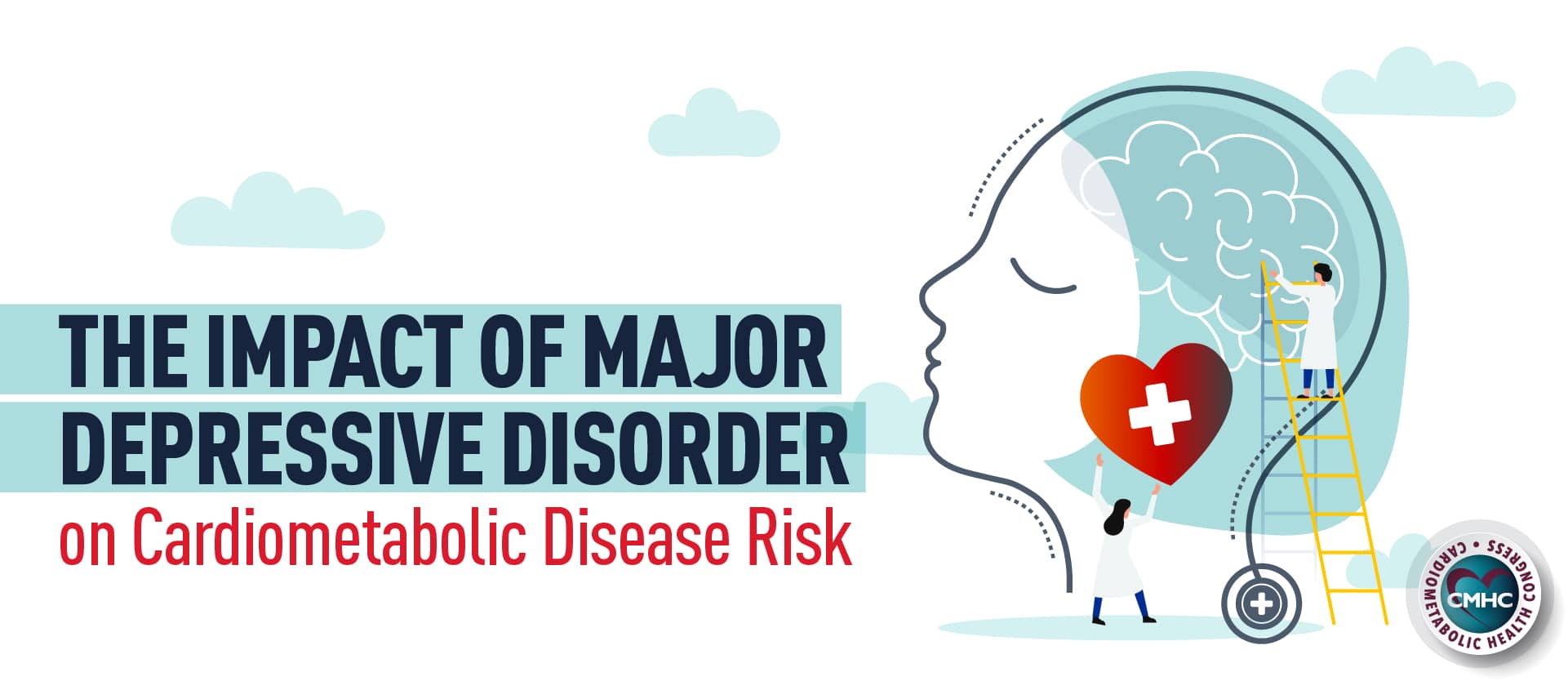African American men and women face a disproportionate risk for both cardiovascular disease and type 2 diabetes, experiencing significantly higher rates of adverse complications and poorer outcomes compared with non-Hispanic white patients. While cardiovascular outcomes trials (CVOTs) show overall cardiovascular benefits and risk ratio reductions in cases of type 2 diabetes, findings from a recent meta-analysis implicate that African American participants make up a very small percentage of seven major CVOT cohorts.
Emerging research raises concerns about the generalizability of CVOT results and whether positive outcomes extend to African American patients as well, especially in the case of type 2 diabetes drug classes – such as sodium-glucose cotransporter 2 (SGLT2) inhibitors and glucagon-like peptide-1 (GLP-1) receptor agonists.
Cardiovascular Benefit of SGLT2 Inhibitors and GLP-1 Receptor Agonists
As part of the meta-analysis, researchers evaluated seven international, multicenter CVOTs with a total participant base of 63,915 patients. Of those, only 3471 – or 5% – were African American. The study focused on trials which had significant results for either primary or secondary outcomes – which have influenced modifications of guidelines.
The GLP-1 agonist trials included the LEADER, SUSTAIN-6, HARMONY, and EXSCEL. The two SGLT2 trials evaluated were the EMPA-REG OUTCOME and CANVAS studies.
Based on four GLP-1 agonist trials and two trials of SGLT2 inhibitors, the preliminary findings indicate that while overall cardiovascular benefits were observed, the results were nonsignificant in African American patients.
Nonsignificant Risk Reductions
While the overall findings point to reductions in adverse cardiovascular outcomes, the risk ratio for African American participants compared with placebo groups was nonsignificant at 0.90. Further, the results remained nonsignificant for GLP-1 agonists and SGLT2 inhibitors when the racial group was evaluated separately.
In their analysis, Basem M. Mishriky, MD, of East Carolina University and his colleagues found significant reductions in primary three-part major adverse CV outcomes for the entire study population which occurred with active drug administration compared with placebo in the majority of trials. A significant reduction in all-cause mortality was noted in the EXSCEL trial.
Among African American participants of the cardiovascular outcome trials, major adverse cardiovascular events occurred in 163 patients taking the type 2 diabetes medication, compared with 164 patients in the control group, again yielding a nonsignificant risk ratio.
Nonetheless, Dr. Mishriky told Medscape Medical News that he plans on continuing using SGLT2 inhibitors and GLP-1 agonists in his African American patients. Although, based on the latest findings, he admits that the conversation around the drugs may have to change until more data are available.
As Dr. Mishriky and his team’s meta-analysis reveals, achieving a representative population in study participant groups is not a priority in current research practices, making it challenging – and potentially detrimental – to apply clinical results across all demographics. There is a need for an increased focus on conducting more inclusive trials as well as studies exclusively performed in African American participants to account for current underrepresentation. Such efforts will provide more information and a greater understanding of the effects of type 2 diabetes medications in this group, elucidating whether there is any significant benefit to be obtained. Until this data is made available, clinical recommendations regarding the use of either SGLT2 inhibitors or GLP-1 receptor agonists cannot be conclusively made.

















